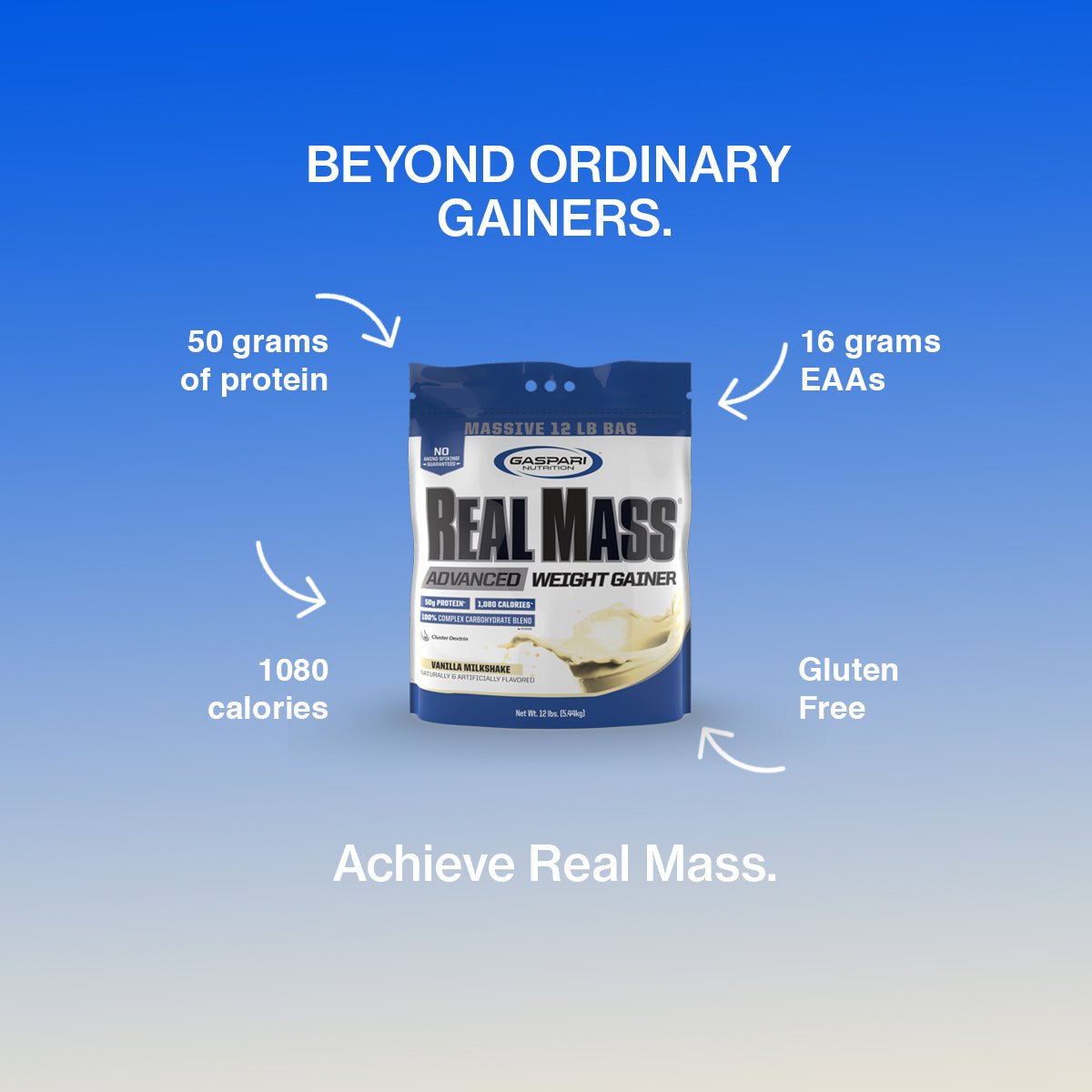With all the supplements on the market today, it can be challenging for the average person to figure out what is effective and what is not. L-carnitine is one of the more popular of these supplements, and yet there are relatively few people who understand what this stuff is and why it is used. Our objective for today is to change that fact by giving you an in-depth and complete look at L-carnitine.
What Is L-Carnitine?

L-carnitine is a substance that is derived from the amino acids lysine and methionine. The body uses this substance in several ways, not all of which are currently understood by science. However, most people who buy this stuff are using it as a weight-loss aid. There is some science behind this idea. It has a lot to do with the molecular function of this substance.
L-carnitine plays a critical role in the oxidation of fatty acids. It directs these fatty acids to the mitochondria of the various cells in the body. If you don’t know what mitochondria are, you should read this. As you can see, mitochondrion function as tiny engines that take energy from the food we eat and process it into a form of energy that the call can use directly.
This direct energy is known as adenosine triphosphate (ATP), and it is the source of most human bodily energy. Let’s put it like this: If your body were a car, ATP would be its fuel. The mitochondrion would be the engines that process this fuel, burning away the useless parts and keeping only what the body can use. In short, the mitochondria is the number one driver of your metabolism. L-carnitine, on the other hand, is like the delivery truck that continually brings fuel to the mitochondria.
Where Can You Find L-Carnitine?
There are two ways that you can supplement your body’s levels of L-carnitine. The simplest way is to use a purified L-carnitine supplement or to eat foods that are particularly high in this nutrient. However, there is another way to raise your L-carnitine levels.
As we already mentioned, L-carnitine is produced within the body as a side effect of amino acid digestion. The amino acids lysine and methionine are the building blocks from which your body can forge the carnitine that you want.
Foods that are high in L-carnitine include:
- Red meat
- Poultry
- Fish
- Dairy products
- Eggs
Foods that are high in lysine and methionine include:
- Red meat
- Pork
- Poultry
- Cheese
- Fish
- Eggs
- Soybeans
- Spirulina
- Fenugreek
As you can see, there is a certain amount of overlap between these two lists. The moral of this story is to eat plenty of meat and other high-protein foods. If you happen to be a vegan, you probably need to go with route number two and supplement your levels of lysine and methionine as the first priority.
One interesting fact here: The name “carnitine” is derived from the Latin word “Carnus,” a word which refers to meat. The name tells us that the primary source for this nutrient is meat and that this is where scientists first discovered its existence.
This all fits together very nicely when we take a look at the distribution of L-carnitine throughout the body. The vast majority of the body’s carnitine is held in the muscles. In case you don’t know, meat is made of muscle tissue.
The Benefits Of L-Carnitine
L-carnitine has been found to have quite a few different benefits. Due to its crucial role in the production of bodily energy, it can be an excellent choice for those who are dealing with sluggishness and chronic fatigue. Further, it has some medical benefits which we will also discuss. It’s also a good fat burner, but only if you use it correctly.
L-Carnitine Helps With Weight Loss
The human body requires plenty of vitamin C to process L-carnitine effectively. For some proof of this fact, let’s take a quick look at this study. In two groups of test subjects, researchers found that the vitamin C group burned fat 25% faster than the non-supplemented group. The study also found that the vitamin C group was processing more carnitine.
This fact may explain why some researchers have had mixed results when trying to determine if this substance is good for weight loss. Some studies have found that it made no significant difference, while others found a large difference. For instance, this study found that people who took L-carnitine experienced more substantial weight loss than those who did not. However, the margins of difference were not that big, and the study concluded by saying that more research is needed.
This study concluded much the opposite. This one was conducted on rats, and they found no significant difference in weight loss between the two groups of test rats. Both groups were fed a calorie-deficient diet, and so both groups of rats lost weight. However, both groups lost about the same amount of weight.
We can see a pretty clear pattern here. Many studies have claimed that L-carnitine is not effective in the treatment of weight loss; yet, they all seem to have left out the crucial factor of vitamin C. Thus, we recommend that L-carnitine supplementation should be combined with a diet high in vitamin C to achieve the best possible results.
Workout Performance Improvements
Because of its crucial role in the body’s energy processing system, L-carnitine is linked to your general energy levels. Remember, the mitochondria are the drivers of your metabolism, and they can’t do much without L-carnitine acting as their delivery boy. You already know how this affects weight loss, but let’s talk about how it affects workout performance and muscle gain.
Let’s begin by looking at some good data on the subject. This one found a somewhat conclusive link between L-carnitine supplementation and enhanced workout performance. Subjects who supplemented with carnitine were able to increase their energy output by 11%. This increase may not be a huge difference, but it’s large enough to affect your results over time. Part of the reason for this improvement is obvious: The test subjects had more energy as a result of their mitochondria working harder. However, there is more to the story.
Researchers found that the carnitine group had significantly lower levels of lactate in their muscle. In case you don’t know, lactate is another bodily chemical substance that tends to build up in the muscles as you become fatigued. In many ways, the lactate functions as an automatic stop to keep the body from over-exerting itself. Carnitine suppresses this lactate, allowing you to enjoy a longer workout.
Here’s another double-blind trial that gives us some interesting information. In this instance, two groups of football players were given a glass of fruit juice before working out. Half of them received a supplement of L-carnitine in the fruit juice, but no one knew who had taken the supplement and who had not. The researchers noticed various small improvements in performance, but they saw a huge improvement in the endurance of the carnitine group. The difference was drastic enough for them to conclude that L-carnitine definitely led to an increase in performance via an increase in endurance.
Burns Cellular Waste
We have already talked about the primary purpose of L-carnitine, which is to ferry nutrients to the mitochondria like an engineer fetching coal for the train. However, carnitine is more than just the messenger boy…he’s the janitor, too!
You see, a cell is continuously processing energy in one form or another. Like any energy-producing process, it produces a certain amount of waste material. This “cellular crap” can then accumulate and cause all sorts of problems. How serious are these problems? Well, according to the research we have found, cellular garbage might be responsible for several debilitating diseases like Alzheimer’s and Parkinson’s diseases.
Concerns With The Use Of L-Carnitine
There are some concerns with the use of L-carnitine as a supplement. Let’s begin by looking to see if anyone has ever experienced an overdose of this medicine. We aren’t just looking for fatal overdoses, but for any overdose which caused significant problems.
It turns out that you can overdose on L-carnitine, although the symptoms are generally not severe. If you have taken too much L-carnitine, you may experience nausea, vomiting, abdominal cramps, diarrhea, and a strange body odor that resembles that of dead fish. In more extreme cases, you could experience seizures and muscle weakness. How much is too much? That is the next question that we must answer.
How To Determine Your Correct Dosage
The article we just cited tells us that a dose of 3 grams per day is enough to trigger at least some of the symptoms mentioned above. However, other studies give us different numbers entirely. For instance, this one measured the side effects of L-carnitine in a group of test subjects. Each subject was given a daily dose of three grams, and they reported no adverse side effects whatsoever.
Because of this, how much to take is a difficult question to answer. It seems that, while L-carnitine is a perfectly natural and healthy supplement, it can cause some problems if you take too much. The human body is not meant to process large amounts of L-carnitine at one time, which is why most will recommend a dose of 3 grams or less. For safety reasons, we recommend that you start with a dose of 2 grams and gradually increase it until you begin to experience a slight stomach upset. This symptom will be the first warning sign that you have gone too far, so return to the dosage before the one that made you ill, and you should have a safe number with which to work.
We should also mention that some studies have drawn a link between high levels of L-carnitine and atherosclerosis. Atherosclerosis is a health condition in which one’s arteries become clogged with fatty tissue. This link exists due to the fact that many high-carnitine foods (like meat and eggs) are also high in fat. Thus, it can be easy to forget about the importance of maintaining a lean diet. The body needs a certain amount of fat, especially when a lot of protein is being digested, but don’t go too far.
Conclusion
When we take this supplement and weigh its benefits against its risks, we find that the benefits outweigh the risks by a pretty significant margin. After all, this is a natural substance that is found throughout the muscles of the body. Further, it is one of the most critical drivers of the metabolic process. That being said, you really do need to control your dosage with this one.
L-carnitine might be described as a micronutrient because it usually doesn’t occur naturally in large amounts. Even foods that are rich in carnitine don’t tend to contain all that much of the stuff. Thus, we can conclude that your body is only meant to handle a certain amount of this substance at one time. Further, we can conclude that this supplement is perfectly safe and very effective as long as that line is not crossed. We thank you for reading to the end, and we hope that we have given you the information that you need to make better decisions about your health and fitness. If we have succeeded in this goal, please show your appreciation by following us on Facebook.
The post What Is L-Carnitine And How Can It Improve My Health? appeared first on Gaspari Nutrition.













































































Share:
Faster Way to Fat Loss: Your Guide to Achieving Sustainable Results
Hair Loss in Women with PCOS: Causes, Treatment, and Self-Care Tips